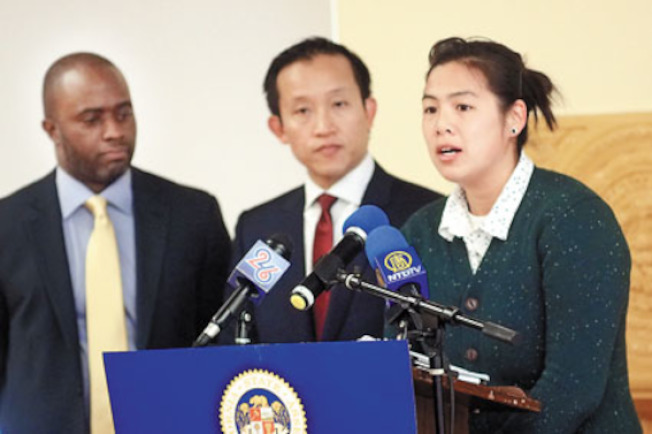The U.S. Supreme Court recently agreed to review the immigration case of United States v. Texas, to determine the constitutionality of President Obama’s deferred action programs (expanded DACA and DAPA) for certain undocumented immigrants. CAA has long been in agreement with legal scholars and organizations across the country who support the President’s executive actions, which are well within his presidential authority and historical precedent.
As this case has been delayed and held up in the courts by conservative activist judges, millions of potentially eligible immigrants have had their lives put on hold. CAA joins immigrant rights activists in hope that the Supreme Court will do what is reasonable and allow these programs to proceed during the final year of Obama’s presidency.
Asian American and Pacific Islander communities have undoubtedly been impacted by the stalling of these programs.
California has the largest population of undocumented Asian American and Pacific Islander immigrants who could qualify for expanded DACA and DAPA. Of the estimated 412,000 undocumented AAPIs in California, approximately 150,000 could benefit from expanded DACA and DAPA.
Oral arguments for the case are expected to begin in March or April 2016, with decision expected in June. The outcome of this case will have huge and lasting impacts on undocumented AAPIs and their families. A favorable ruling which would allow expanded DACA and DAPA to provide temporary relief from the fear of deportation as well grant work permits to individuals, allowing them to earn living wages. Because of the stability that deferred action can bring to millions of American families, it is imperative that we continue supporting deferred action.
Because deferred action grants temporary relief, CAA remains committed to continuing to advocate for longer term solutions. We must continue to advocate immigrant policies that do not criminalize immigrants, but rather, allow them to live sustainable and dignified lives.



